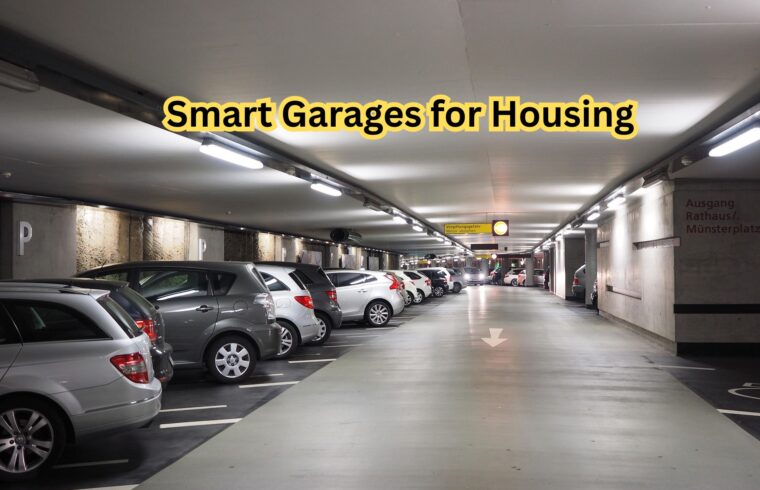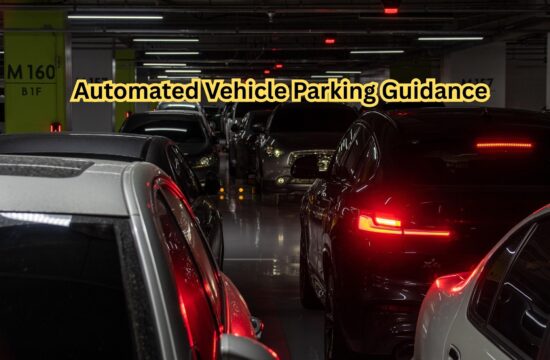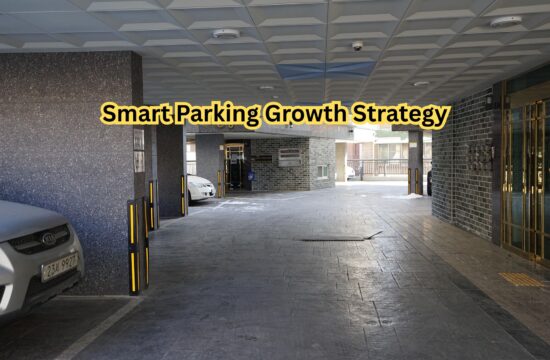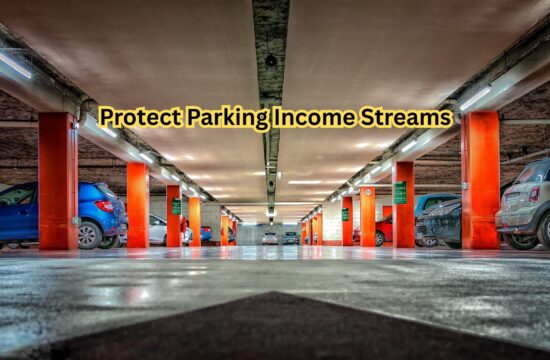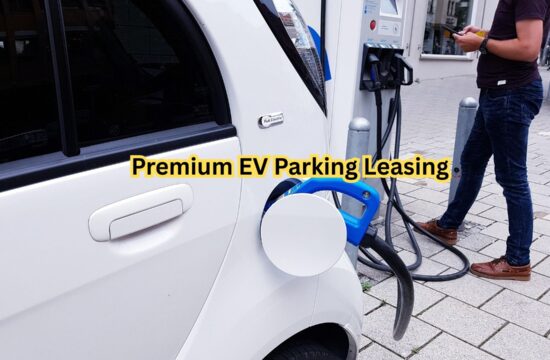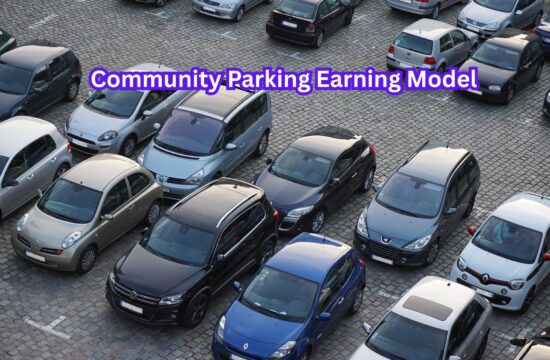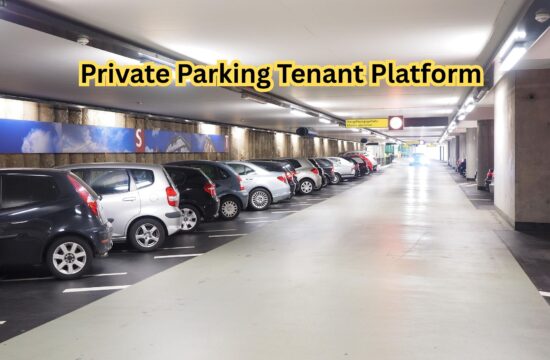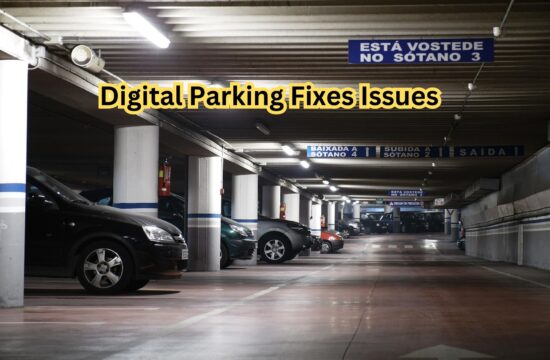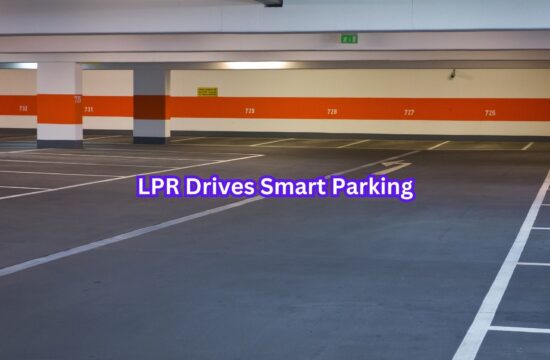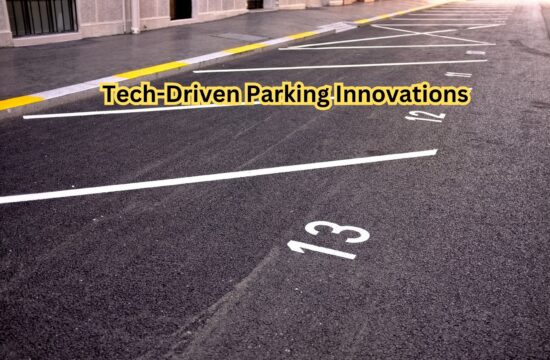Smart Garages for Housing are becoming an essential feature in modern house complexes, offering enhanced efficiency, security, and convenience. These Smart Garages for Housing leverage automation, IoT (Internet of Things), and intelligent design to optimize space and energy use. By integrating these technologies, Smart Garages for Housing significantly improve the daily lives of residents, making urban living smarter and more sustainable.
Benefits of Smart Garage Technology
Increased security is one of the main advantages of smart garages. Homeowners can monitor and regulate garage entry from any location with the help of smart sensors, cameras, and app-based controls. This greatly lowers the possibility of theft and illegal access.
Space Optimization in Compact Housing
Smart garages can be quite useful in urban and inexpensive housing locations when space is at a premium. Automated parking, modular storage, and vertical car lifts are among features that increase usefulness without increasing the building’s footprint.
Energy Efficiency and Sustainability
Energy-saving features like motion sensors, LED lights, and solar-powered doors are included into a lot of smart garage systems. These devices promote eco-friendly housing projects and lower electricity use.
Integration with Home Automation
It is possible to integrate smart garages with more comprehensive home automation systems. For instance, the security system may automatically close the door when triggered, or the system may turn on the garage lights when it opens the door. This seamless connection enhances the smart home experience.
Enhancing Property Value
Smart garage-equipped properties are frequently more appealing to buyers. Smart garages are a selling element for both homeowners and real estate developers as buyers seek convenience and security features more and more.
Future of Smart Garages in Housing
As ideas for smart cities expand, smart garages will be essential in changing how people use their houses and cars. These garages will become increasingly sophisticated, efficient, and crucial components of future-ready homes as AI-driven technologies and electric vehicle integration grow in popularity.

